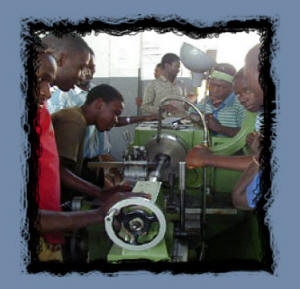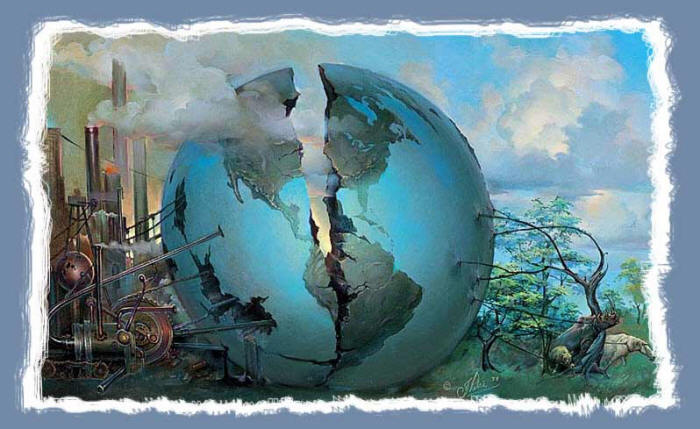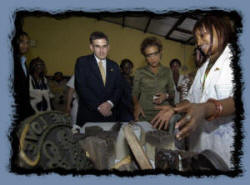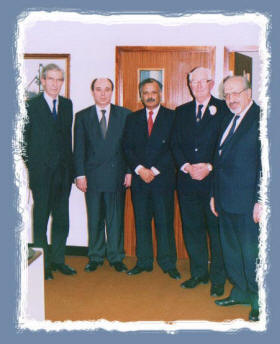| ICTR Projects |
|
 Modern technology is the chief provider of all kinds of amenities and material
benefits, and therefore all countries, especially the less developed countries, are striving to
acquire it from the developed countries, often at exorbitant cost
and under terms and conditions which may even be detrimental to
their national interest.
Modern technology is the chief provider of all kinds of amenities and material
benefits, and therefore all countries, especially the less developed countries, are striving to
acquire it from the developed countries, often at exorbitant cost
and under terms and conditions which may even be detrimental to
their national interest. |
 |
|
 |

Often the less
developed countries try to achieve the benefits of modern technology by ‘buying’ it with
their hard-earnedforeig exchange
derived from the sale of their epleting
resources. Unfortunately, the world price for raw materials has
declined on a broad front in the last decade. Obviously, therefore,
it is in the prime interest of the less developed countries to learn
to convert their raw materials with their own technologies into
finished or semi-finished goods to be sold abroad. This will have
the added benefit of increased employment potential in these
countries. |
|

The
technologies of the developed countries Often fail to function when they are
transplanted Into the less developed countries
without suitable modifications to meet the indigenous
socio-economic conditions and
constraints. This is because the capital-intensive technologies of the developed
countries are designed to optimize their own
industrial parameters, the most important of
which is the minimization of manpower required,
usually highly skilled. |
 |
|

Consequently, these technologies often have
little relevance to the development needs of the less developed
countries, most of whom are labour-intensive and lack skilled
manpower. In the industrial development scene in the less developed
countries, there are thus instances of failed Western technology,
bought by these countries with their hard-earned foreign exchange.

|
|

A
substantial body of experts, both in the developed and the less
developed countries, now holds the view that technology in a less developed country must grow on its ‘own soil’. It
is thus a matter of confidence of the less developed countries in
being able to plan and implement their own development schemes, in
collaboration with Western technologists who know the deficiencies of Western technology in the less
developed countries. This collaboration, leading to proper technology-transfer, is
vitally important for the less developed countries. |
 |
|
 
With reference
to the above, the International Centre for Technical Research (ICTR), was established in 1983 in London with a primary view to assisting in
the development process of the less developed countries in a novel
and effective way. When presented with problems of this type, ICTR’s
approach is to canvass opinion from its international panel of
experts consultants, both from the developed and the less developed
countries. These views are then synthesized to arrive at the most
suitable and appropriate solution, together with optimised costs. |
 |
|
 
* Incorporated
in England as Centre for Technical Research International.
The Aims and Functions of ICTR
The International Centre for Technical Research, which is a
non-profit seeking organisation, has two main aims:
To promote by means of publications, study groups, meetings and
conferences the awareness study and development of industrial,
technical and development processes,

And
To promote or commission research into industrial, technical and
development processes, and publish or arrange for the publication of
the results of that research.
|
|